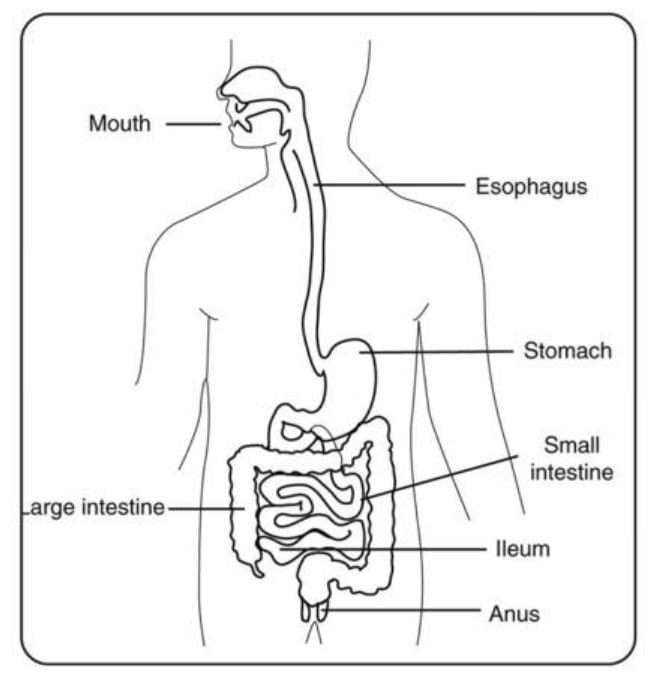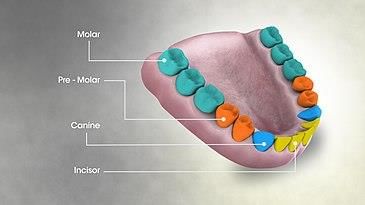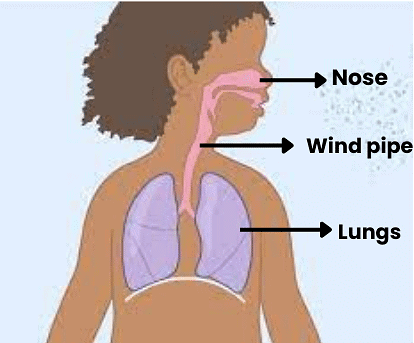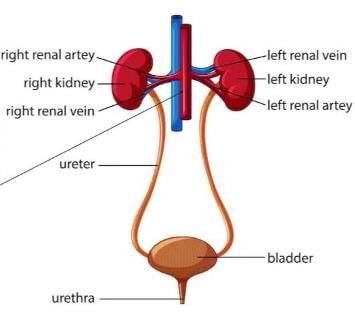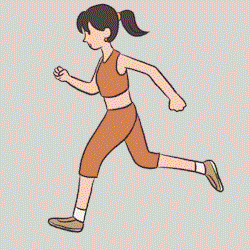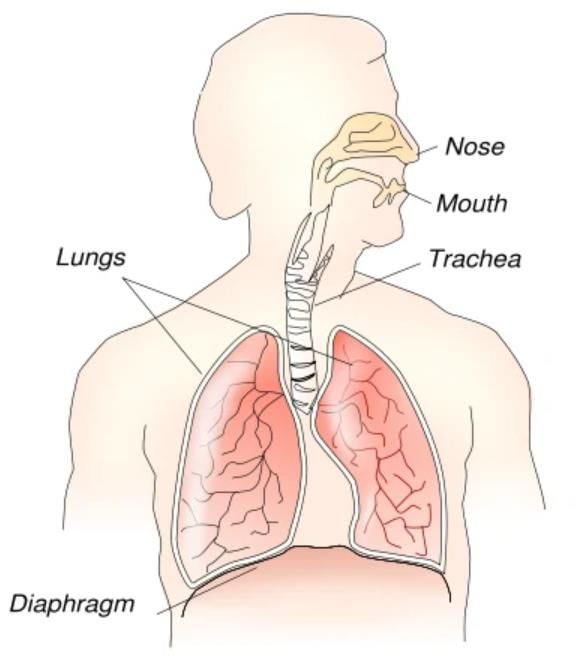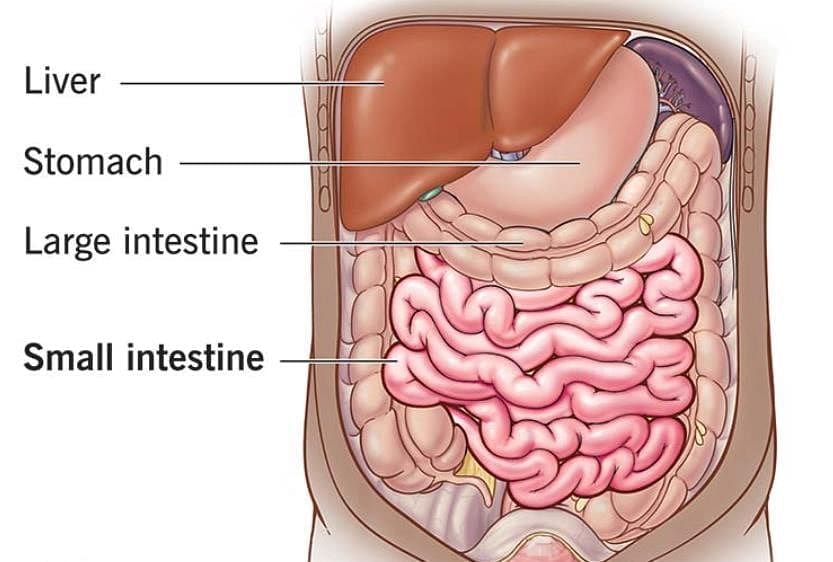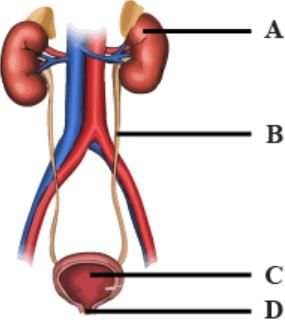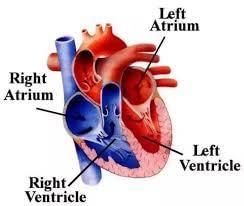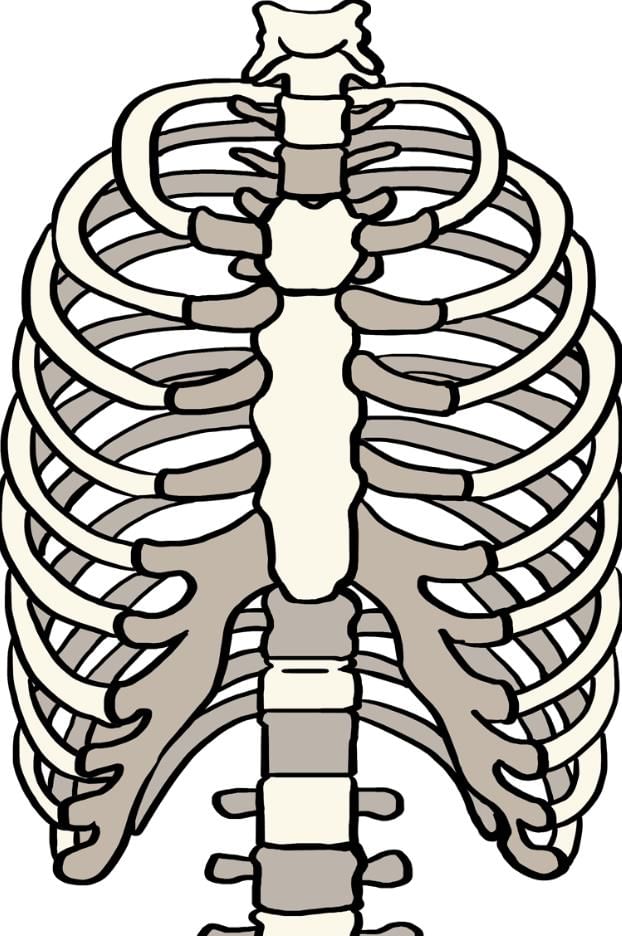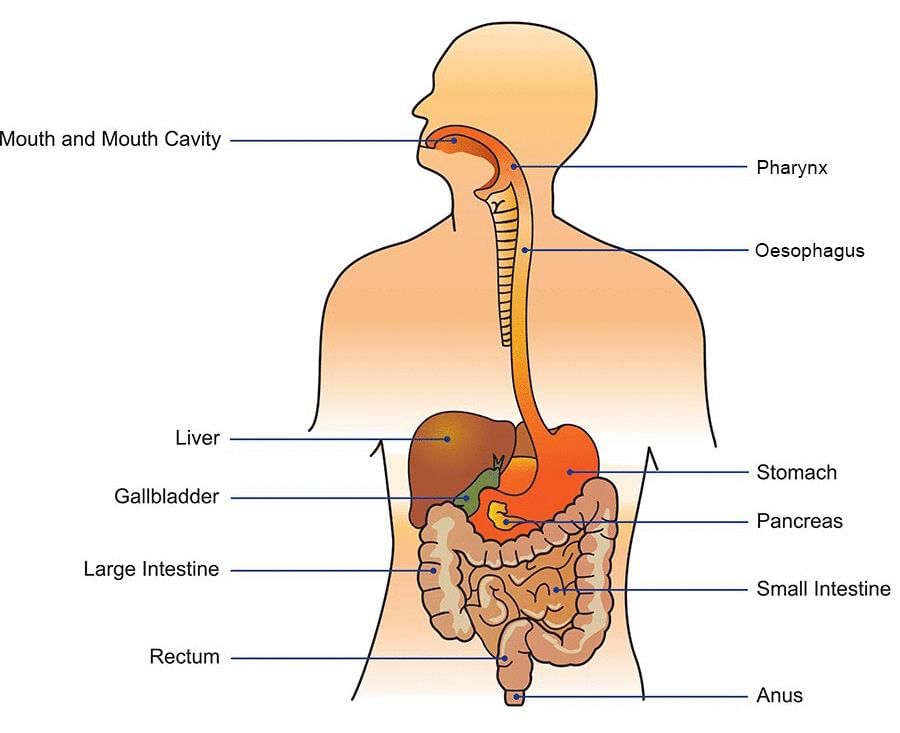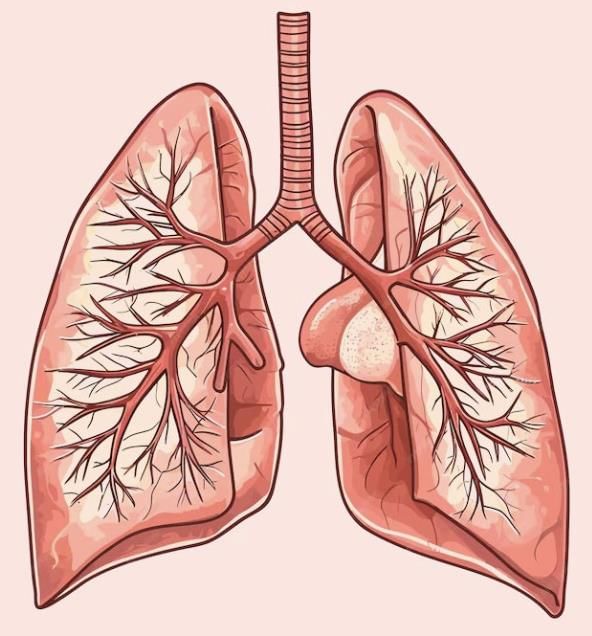Class 4 Exam > Class 4 Tests > Olympiad Test: Human Body -1 - Class 4 MCQ
Olympiad Test: Human Body -1 - Class 4 MCQ
Test Description
20 Questions MCQ Test - Olympiad Test: Human Body -1
Olympiad Test: Human Body -1 for Class 4 2025 is part of Class 4 preparation. The Olympiad Test: Human Body -1 questions and answers have been prepared
according to the Class 4 exam syllabus.The Olympiad Test: Human Body -1 MCQs are made for Class 4 2025 Exam.
Find important definitions, questions, notes, meanings, examples, exercises, MCQs and online tests for Olympiad Test: Human Body -1 below.
Solutions of Olympiad Test: Human Body -1 questions in English are available as part of our course for Class 4 & Olympiad Test: Human Body -1 solutions in
Hindi for Class 4 course.
Download more important topics, notes, lectures and mock test series for Class 4 Exam by signing up for free. Attempt Olympiad Test: Human Body -1 | 20 questions in 40 minutes | Mock test for Class 4 preparation | Free important questions MCQ to study for Class 4 Exam | Download free PDF with solutions
Detailed Solution for Olympiad Test: Human Body -1 - Question 1
Olympiad Test: Human Body -1 - Question 2
The function of molar teeth can be best illustrated by the function of:
Detailed Solution for Olympiad Test: Human Body -1 - Question 2
Detailed Solution for Olympiad Test: Human Body -1 - Question 3
Detailed Solution for Olympiad Test: Human Body -1 - Question 4
Detailed Solution for Olympiad Test: Human Body -1 - Question 5
Olympiad Test: Human Body -1 - Question 6
Which part of our body regulates our walking, talking, eating, etc.?
Detailed Solution for Olympiad Test: Human Body -1 - Question 6
Olympiad Test: Human Body -1 - Question 7
Which of the following activities will increase our heart rate?
Detailed Solution for Olympiad Test: Human Body -1 - Question 7
Olympiad Test: Human Body -1 - Question 8
The following diagram represents an organ, which takes in oxygen and gives out carbon dioxide. Name the organ.

Detailed Solution for Olympiad Test: Human Body -1 - Question 8
Detailed Solution for Olympiad Test: Human Body -1 - Question 9
Detailed Solution for Olympiad Test: Human Body -1 - Question 10
Detailed Solution for Olympiad Test: Human Body -1 - Question 11
Detailed Solution for Olympiad Test: Human Body -1 - Question 12
Detailed Solution for Olympiad Test: Human Body -1 - Question 13
Olympiad Test: Human Body -1 - Question 14
___ system controls and coordinates the activities of all the systems in our body.
Detailed Solution for Olympiad Test: Human Body -1 - Question 14
Detailed Solution for Olympiad Test: Human Body -1 - Question 15
Detailed Solution for Olympiad Test: Human Body -1 - Question 16
Detailed Solution for Olympiad Test: Human Body -1 - Question 17
Detailed Solution for Olympiad Test: Human Body -1 - Question 18
Detailed Solution for Olympiad Test: Human Body -1 - Question 19
Detailed Solution for Olympiad Test: Human Body -1 - Question 20
Information about Olympiad Test: Human Body -1 Page
In this test you can find the Exam questions for Olympiad Test: Human Body -1 solved & explained in the simplest way possible.
Besides giving Questions and answers for Olympiad Test: Human Body -1, EduRev gives you an ample number of Online tests for practice
Download as PDF


